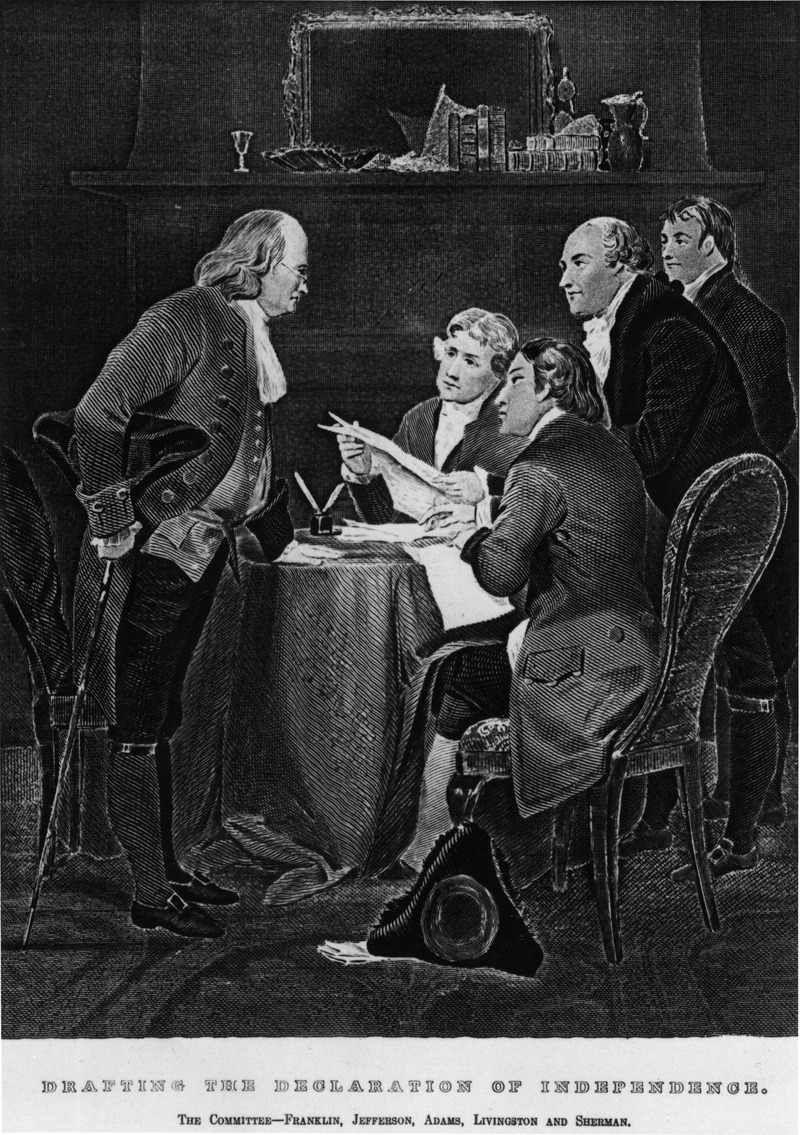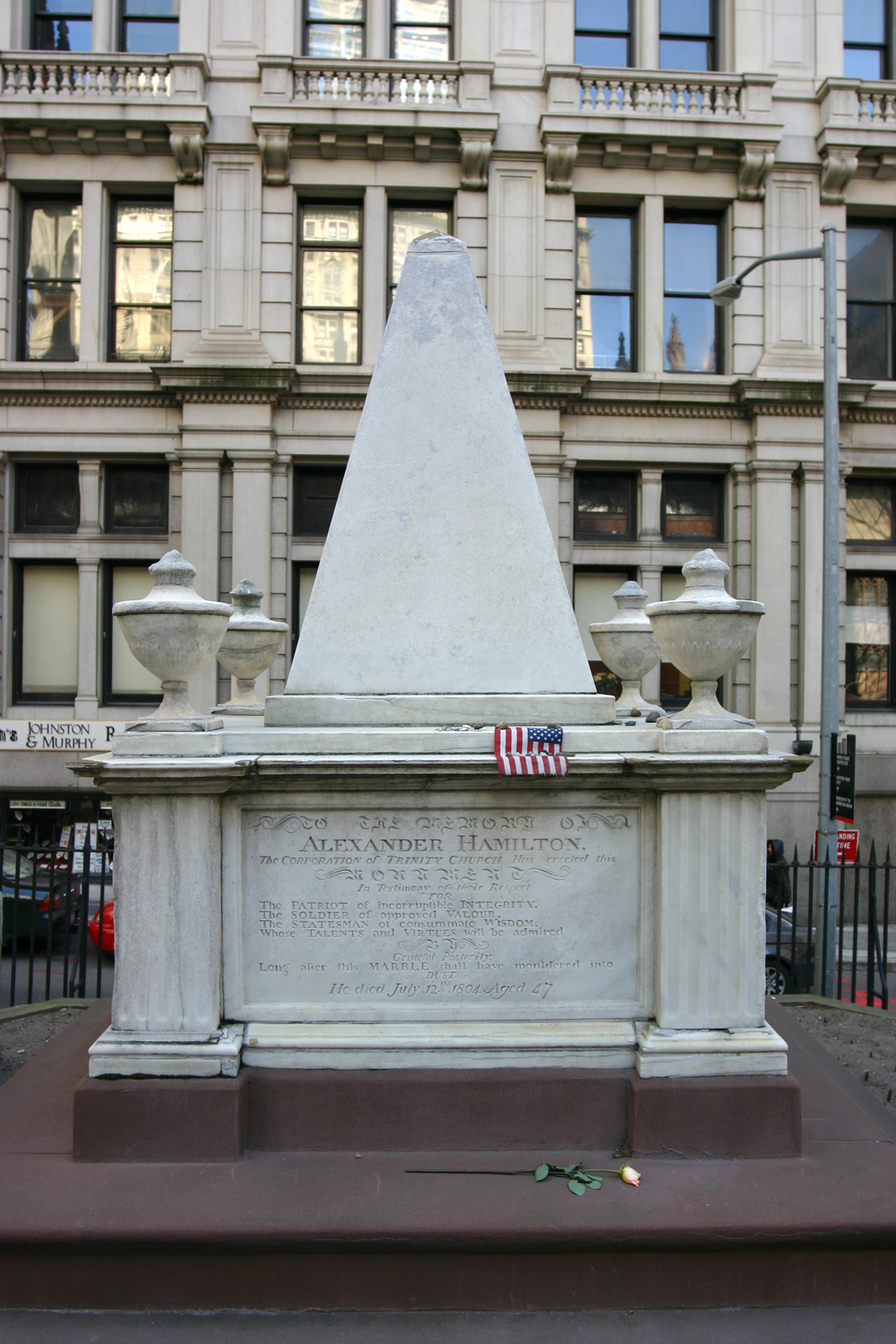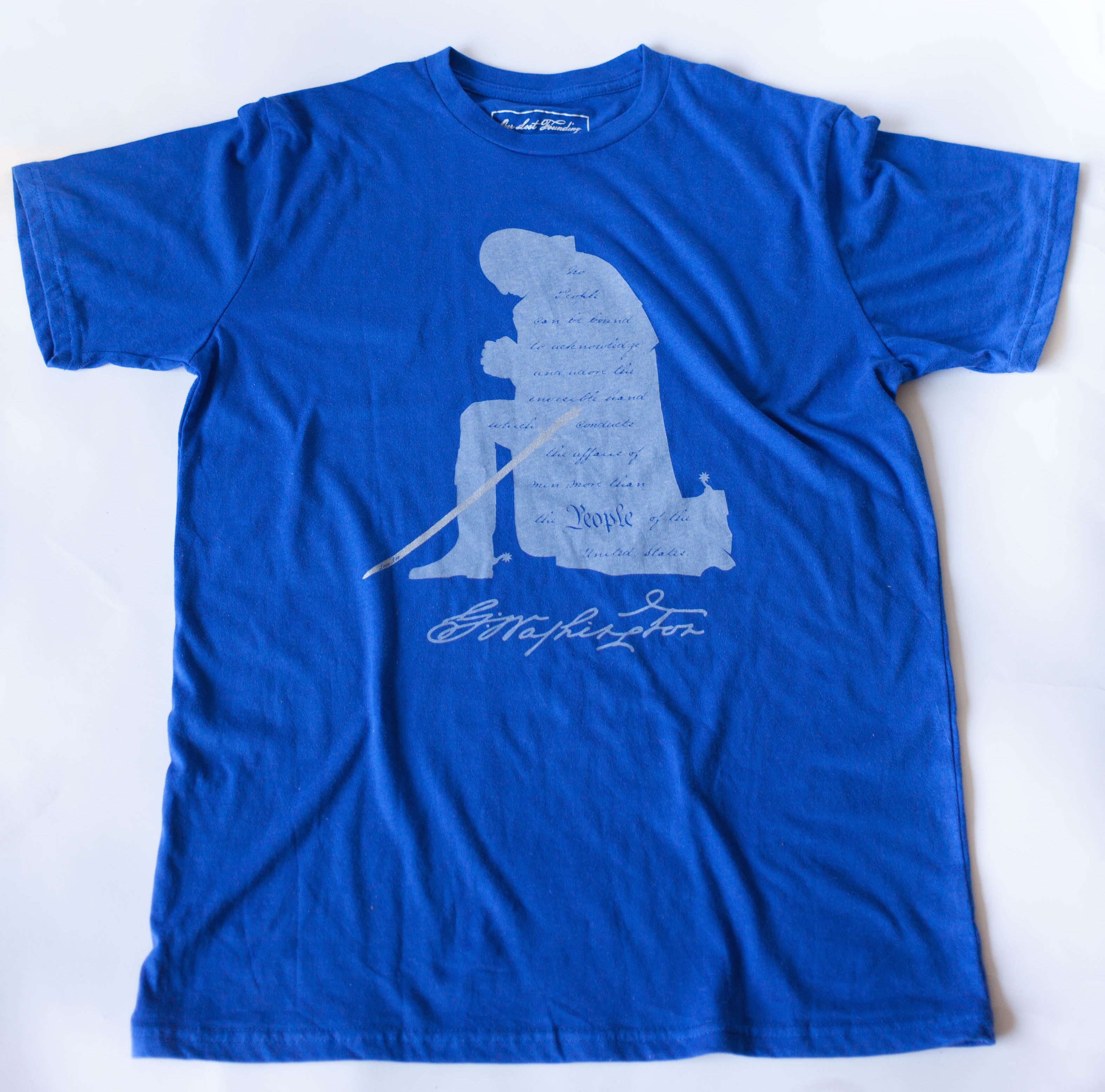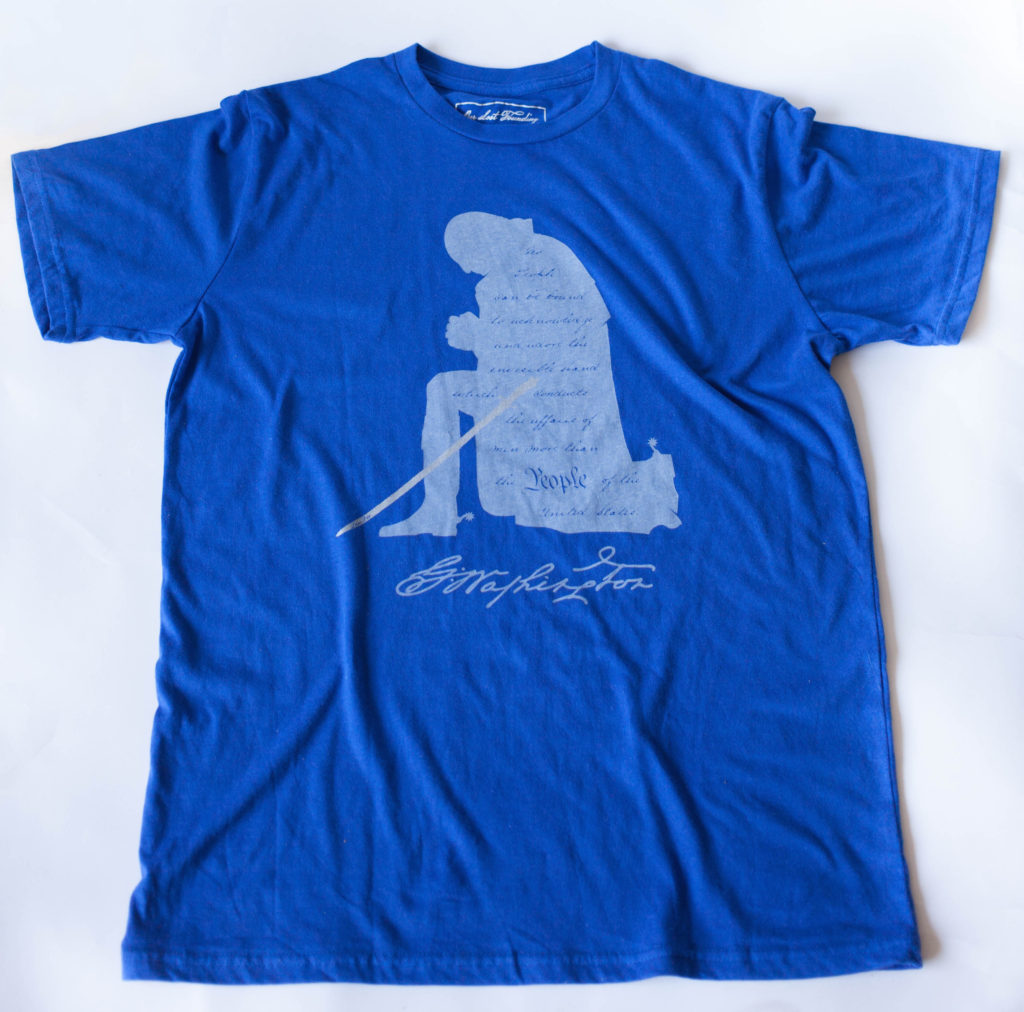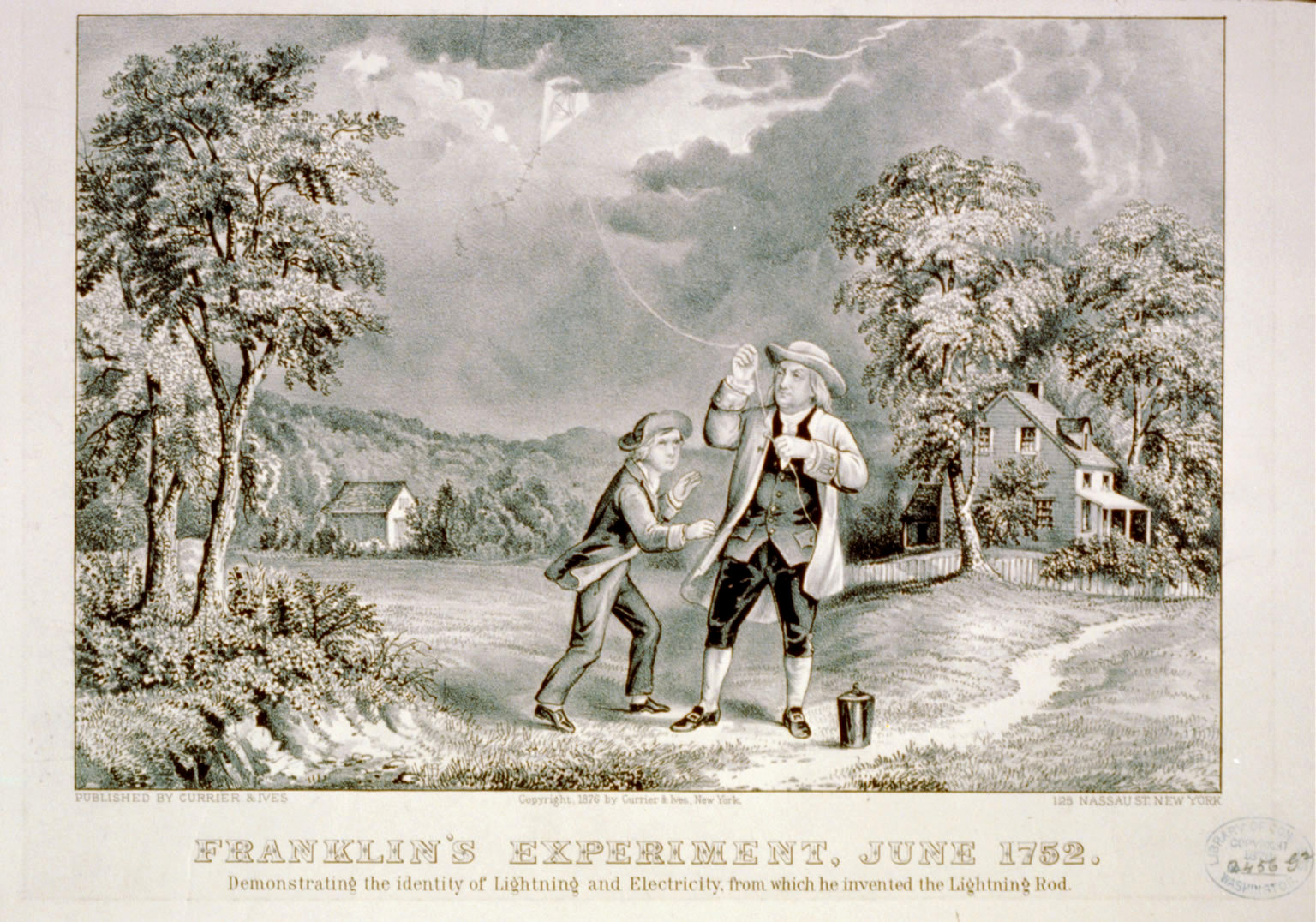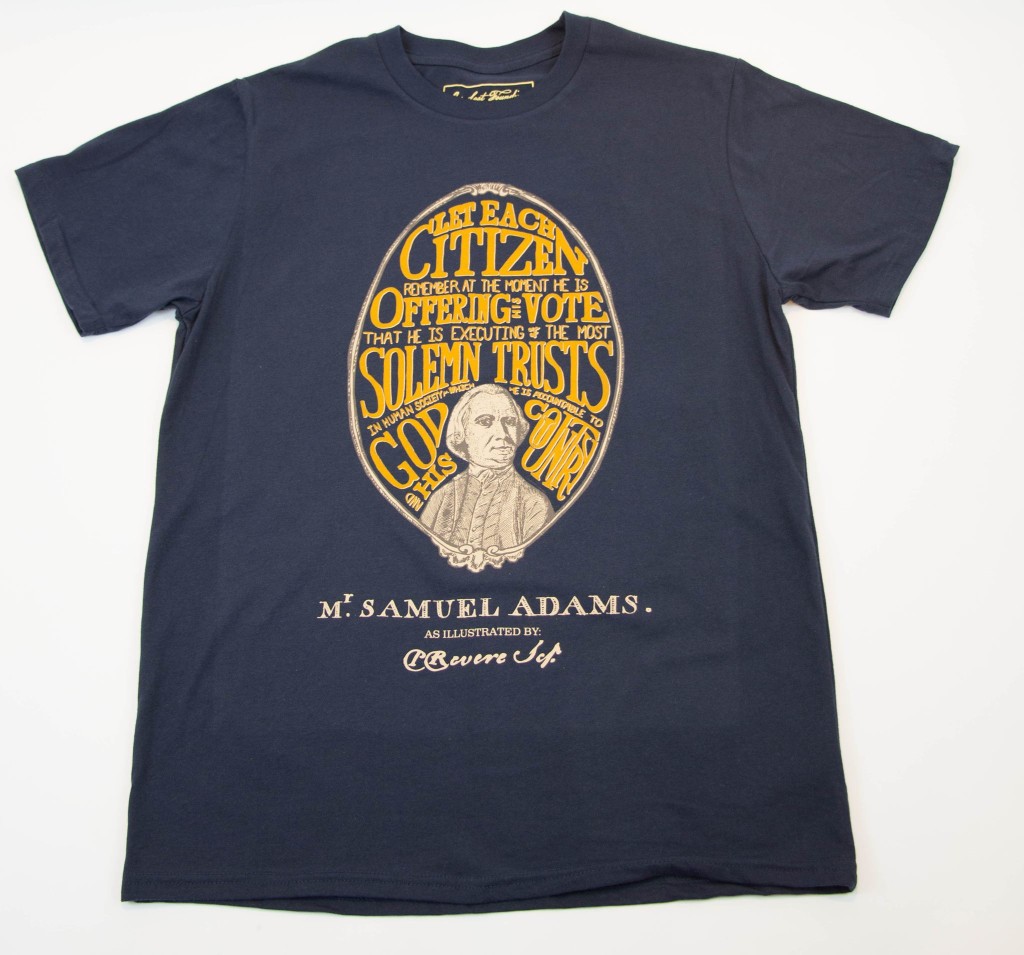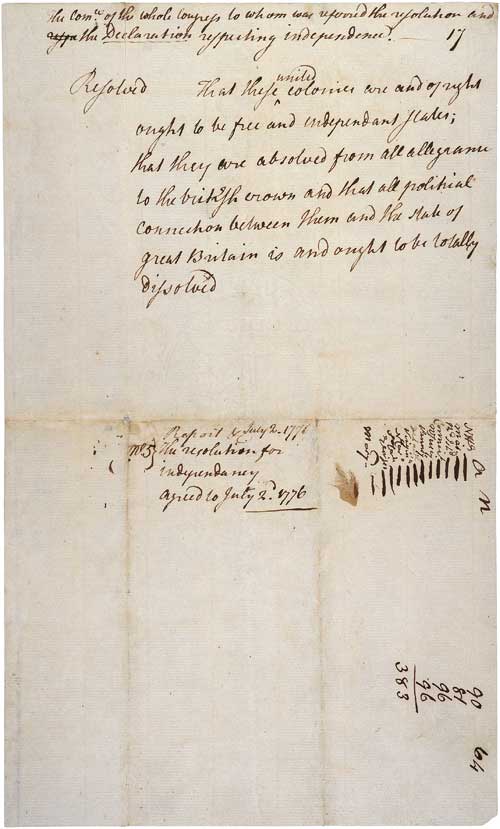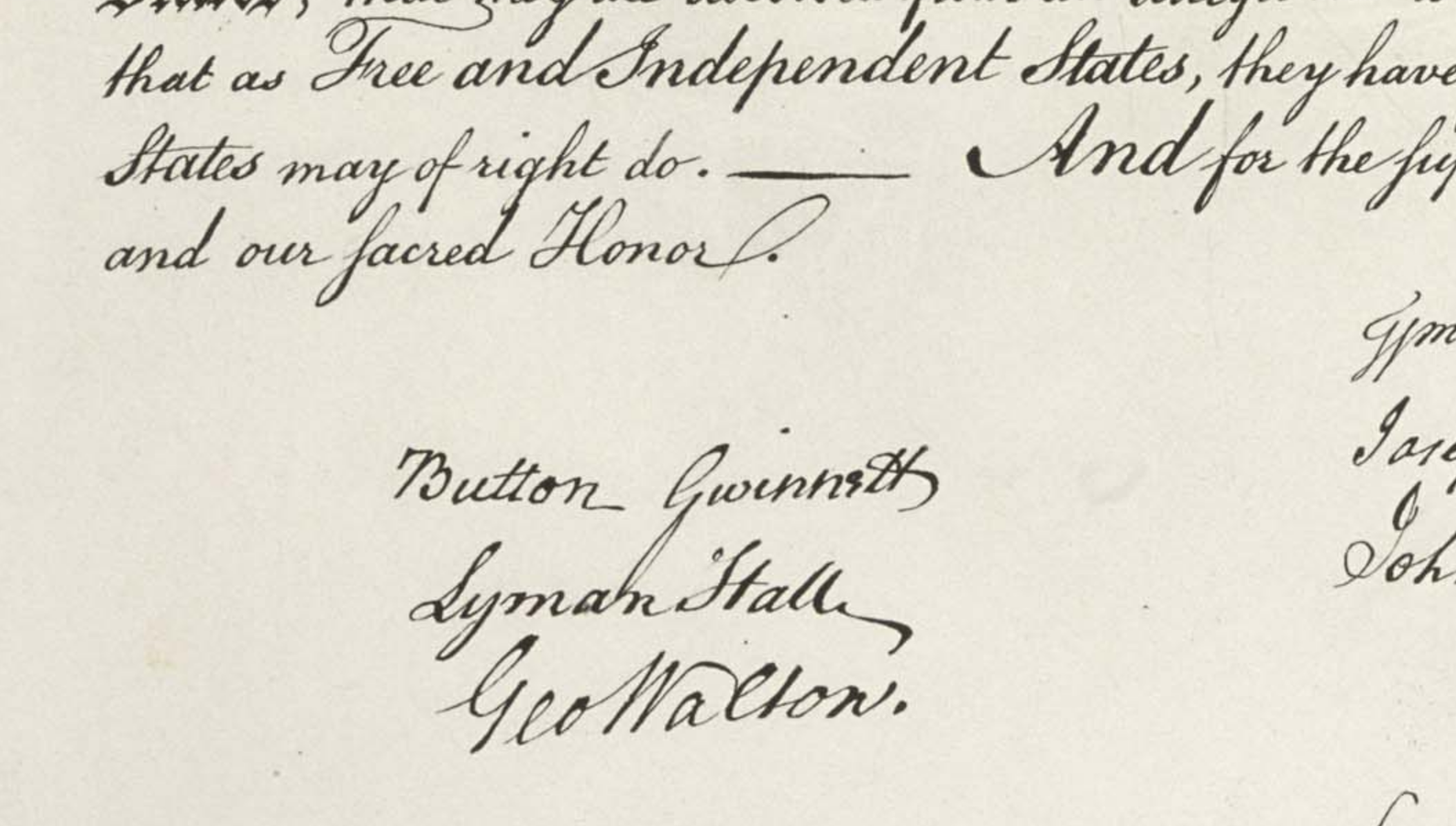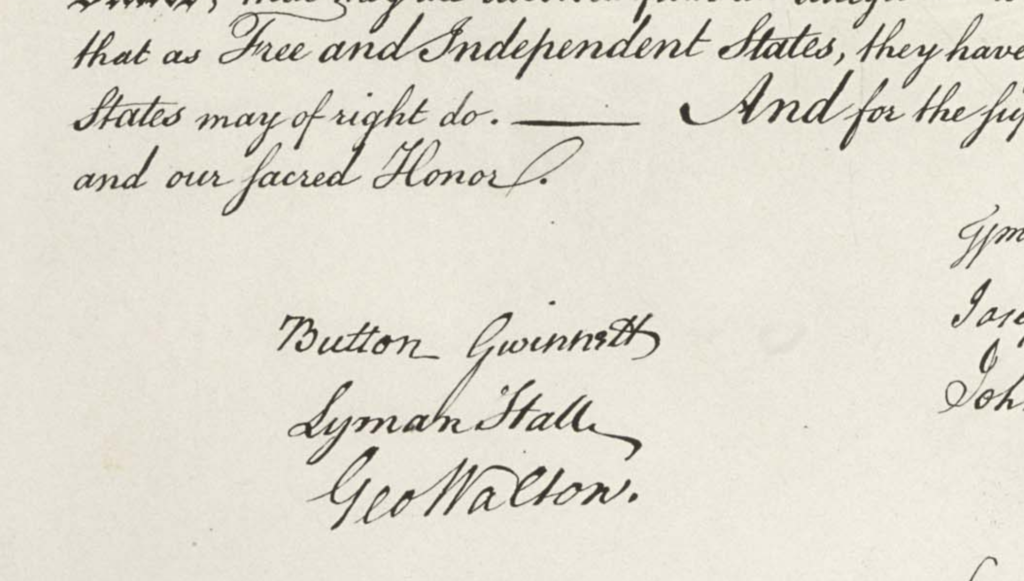On this day in 1793, Connecticut Patriot Roger Sherman, while serving as Mayor of New Haven and U.S. Senator, dies at age 72.
Sherman is the only American Patriot to have signed the Continental Association of 1774, the Declaration of Independence, the Articles of Confederation, and the Constitution.
He was also a member of the ‘Committee of Five’ selected to draft the Declaration of Independence. The other members were Thomas Jefferson, Benjamin Franklin, John Adams, and Robert Livingston.
Some of his other accomplishments include: member of the Second Continental Congress, the Connecticut General Assembly, representative in the first United States Congress, justice of the Superior Court of Connecticut, professor of religion and treasurer at Yale.
Distinguished through Life
First, here is the opening to Sherman’s Confession of Faith from 1788:
“I believe that there is one only living and true God, existing in three persons, the Father, the Son, and the Holy Ghost, the same in substance, equal in power and glory. That the Scriptures of the Old and New Testaments are a revelation from God, and a complete rule to direct us how we may glorify and enjoy Him.”
Lastly, these are the final words of the inscription on Roger Sherman’s headstone:
“a true, faithful, and firm Patriot.
He ever adorned
the profession of Christianity
which he made in youth;
and distinguished through life
for public usefulness,
died in the prospect of a blessed immortality.”


